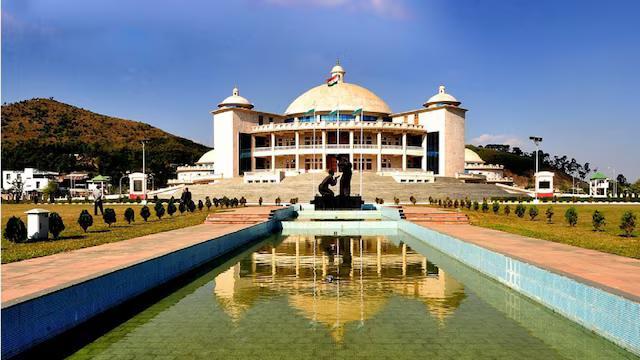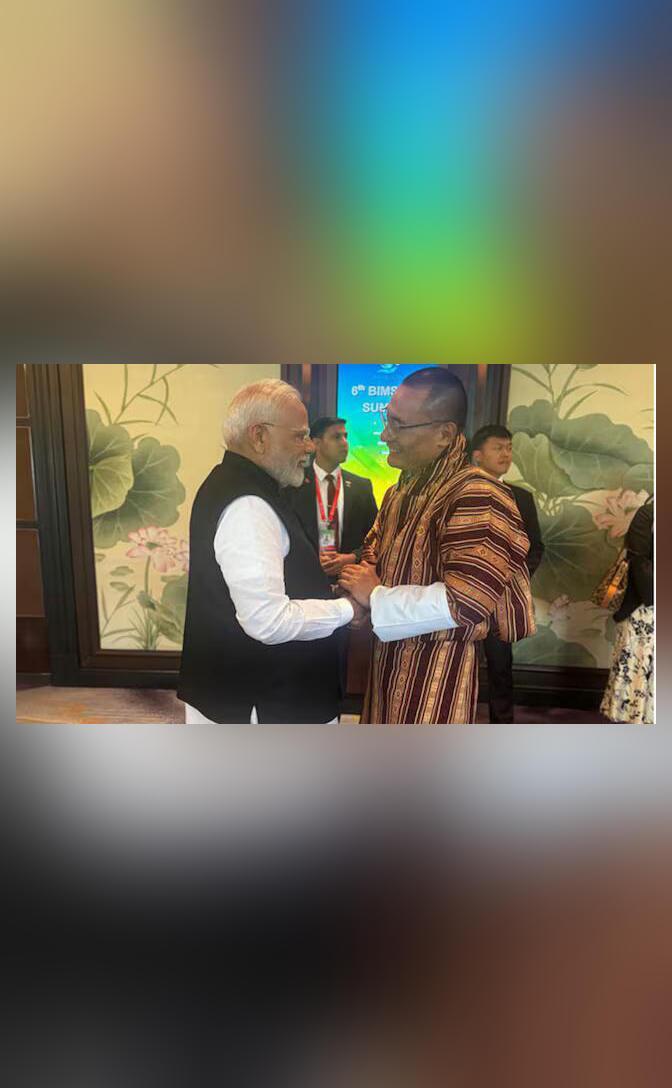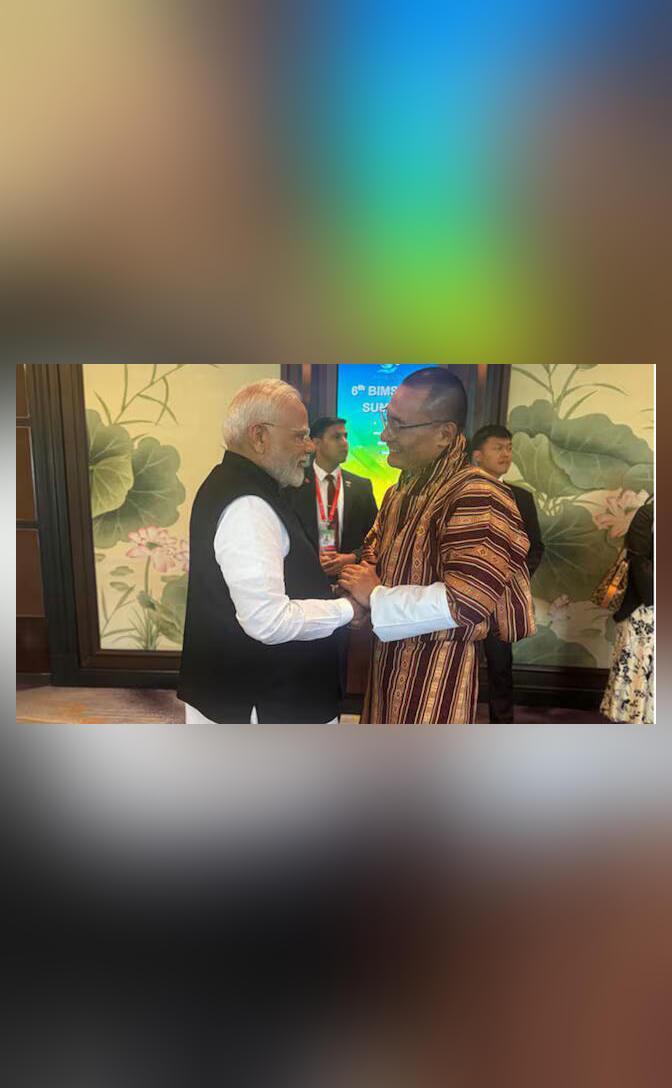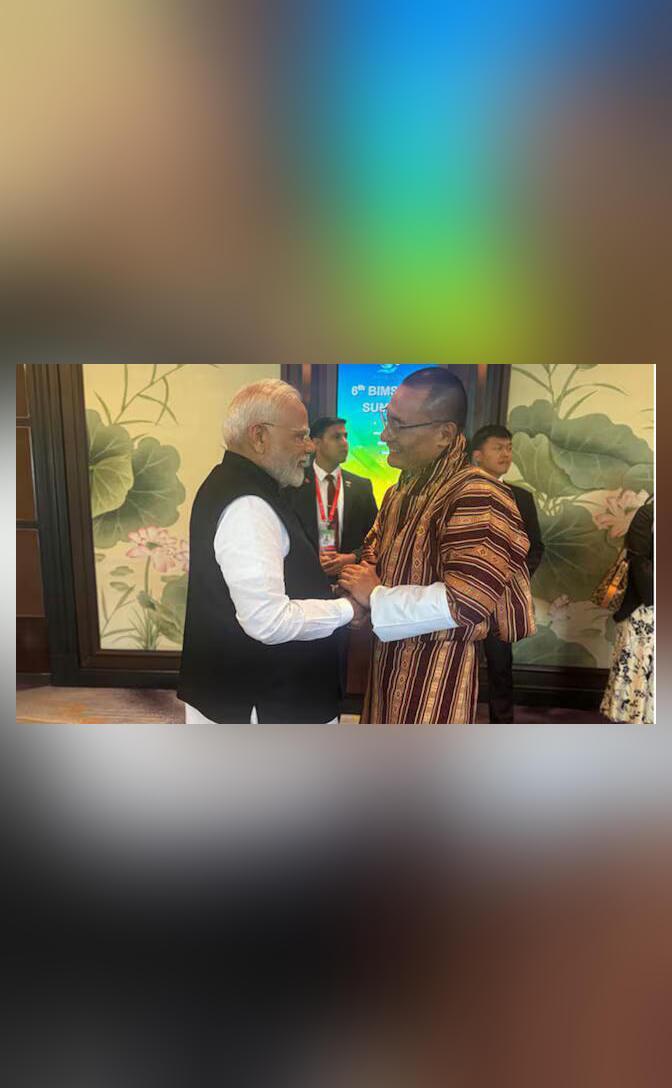
Manipur Governor Orders Upcoming Assembly Session Null & Void
In a shocking turn of events, Governor of Manipur Ajay Kumar Bhalla has declared the seventh session of the 12th Manipur Legislative Assembly, which was set to start from February 10, “null and void” with immediate effect. This dramatic move comes after Chief Minister N Biren Singh tendered his resignation to Governor Ajay Bhalla at the Raj Bhavan in Imphal on Sunday.
According to sources, the decision was taken after a meeting between the Governor and the Chief Minister, during which the latter handed over his resignation letter. The Chief Minister’s resignation was reportedly due to the no-confidence motion that was set to be tabled in the Assembly, which was likely to lead to a change in the government.
The seventh session of the 12th Manipur Legislative Assembly was scheduled to commence on February 10, with the agenda including a no-confidence motion against the government. The motion was tabled by the opposition parties, who were seeking to oust the government from power. However, with the Governor’s declaration of the session as “null and void”, all proceedings have been effectively stalled.
The decision has sent shockwaves through the political circles in Manipur, with many speculating about the motives behind the Governor’s action. While some have hailed the move as a necessary step to maintain stability in the state, others have criticized it as an attempt to undermine democratic principles.
The Governor’s move has also raised questions about the role of the Governor in a democratic setup. While the Governor is supposed to act as a constitutional head of the state, some have argued that the decision goes against the spirit of democratic norms.
The opposition parties in the state have condemned the Governor’s decision, terming it as “undemocratic” and “arbitrary”. They have accused the Governor of trying to protect the interests of the ruling party and undermine the democratic process.
On the other hand, the ruling party has welcomed the Governor’s decision, terming it as a “correct” step. They have argued that the no-confidence motion was a “pre-planned” move by the opposition parties to destabilize the government.
The development has also sparked off a debate about the role of the Governor in a state where the ruling party has a majority in the Assembly. While some have argued that the Governor has the power to take decisions in the best interests of the state, others have pointed out that such decisions should be taken in consultation with the elected representatives of the people.
In the wake of this development, the political landscape of Manipur is likely to undergo a significant shift. The opposition parties are likely to regroup and reassess their strategy, while the ruling party will have to re-evaluate its options. The people of Manipur, meanwhile, are left wondering about the future of their state and the direction it will take.
As the state grapples with the implications of this decision, it is essential to remember that the Governor’s role is to act as a constitutional head, upholding the principles of democracy and the rule of law. While the Governor’s decision may have been taken in good faith, it is crucial to ensure that such decisions do not undermine the democratic process and the rights of the people.





